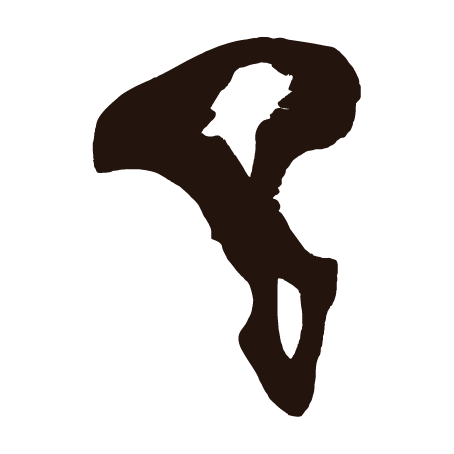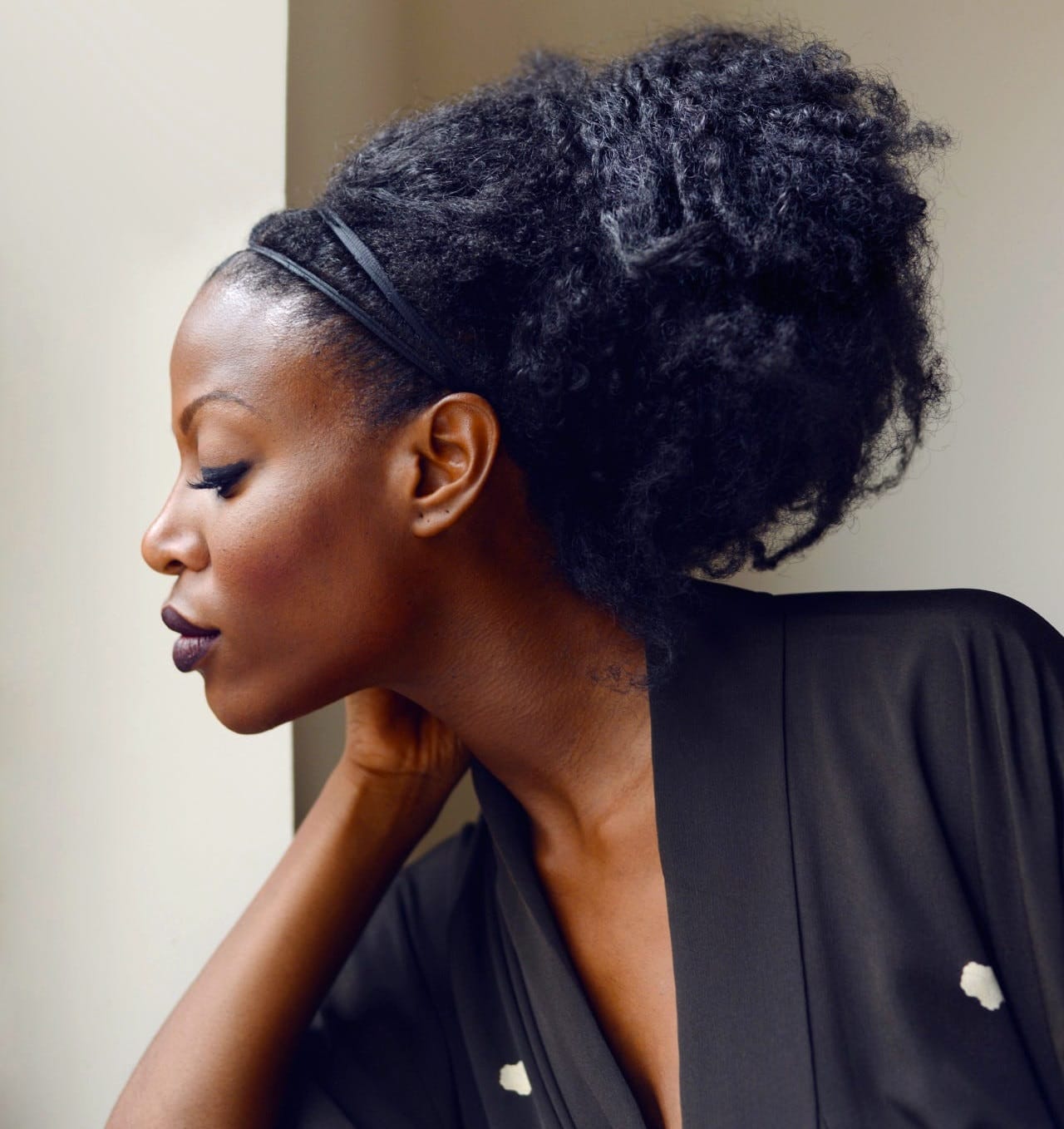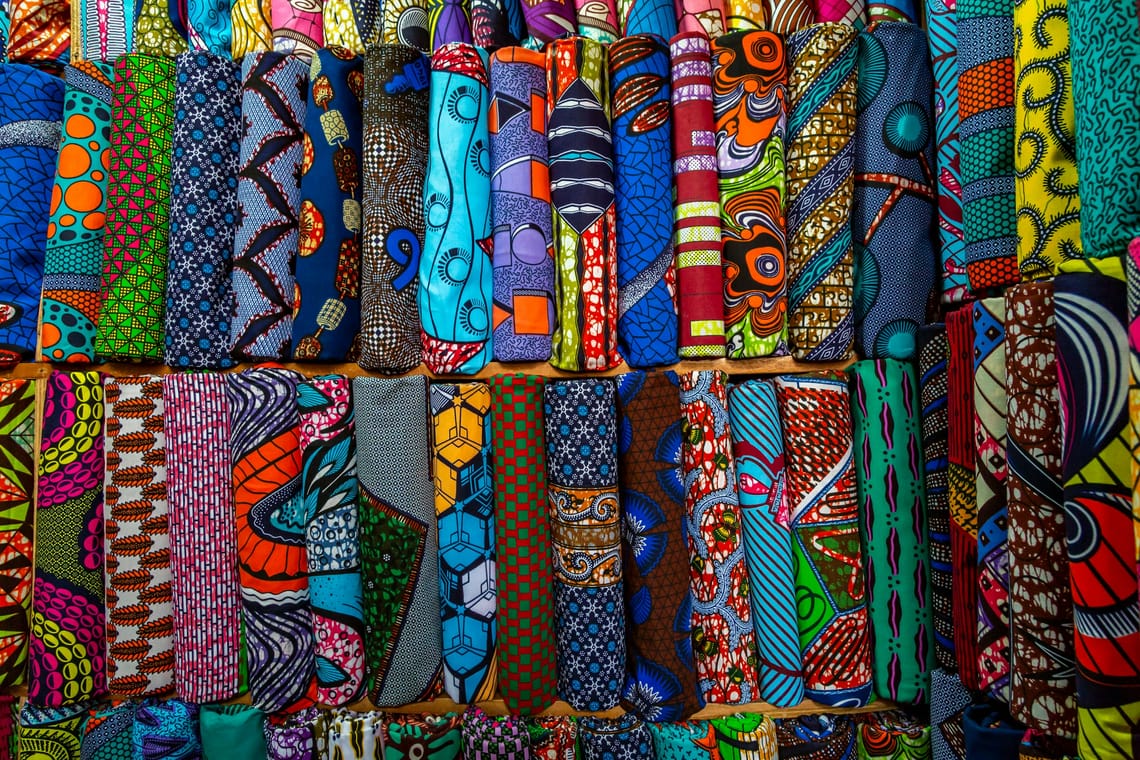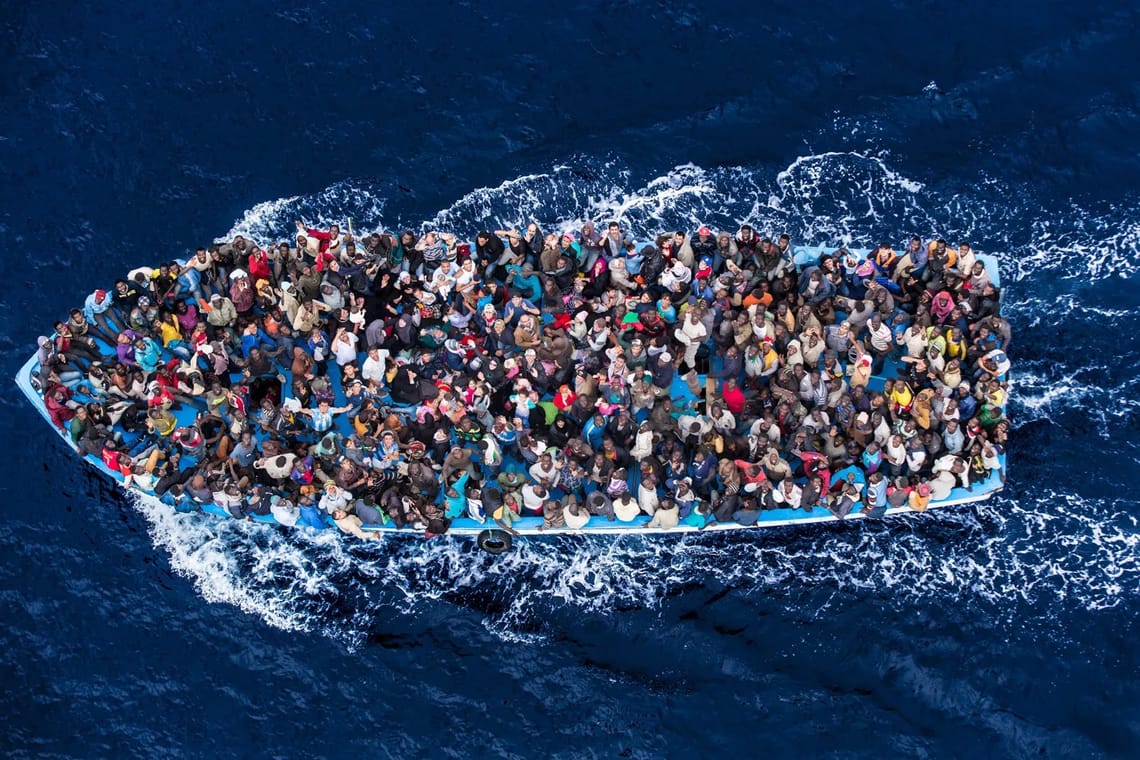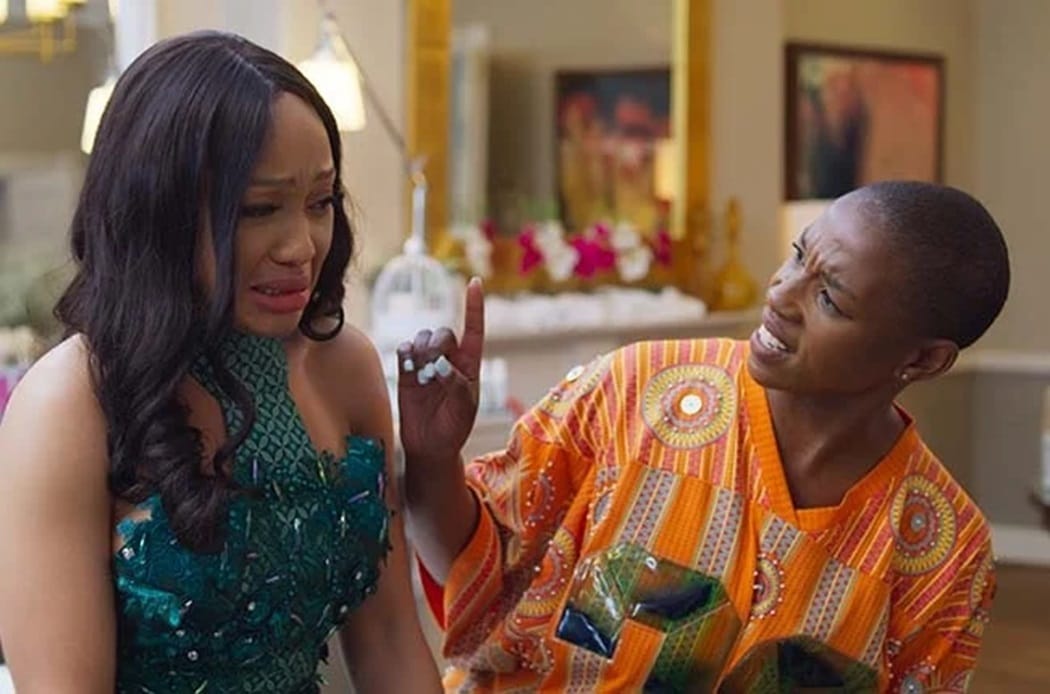Don't ask where I'm from, ask where I'm a local
What if we asked, instead of "Where are you from?" – "Where are you a local?" This would tell us so much more about who and how similar we are. So, where are you a local? I propose a three-step test. I call these the three "R’s": rituals, relationships, restrictions.
First, think of your daily rituals, whatever they may be: making your coffee, driving to work, harvesting your crops, saying your prayers. What kind of rituals are these? Where do they occur? In what city or cities in the world do shopkeepers know your face? As a child, I carried out fairly standard suburban rituals in Boston, with adjustments made for the rituals my mother brought from London and Lagos. We took off our shoes in the house, we were unfailingly polite with our elders, we ate slow-cooked, spicy food. In snowy North America, ours were rituals of the global South. The first time I went to Delhi or to southern parts of Italy, I was shocked by how at home I felt. The rituals were familiar. "R" number one, rituals.
Now, think of your relationships, of the people who shape your days. To whom do you speak at least once a week, be it face to face or on FaceTime? Be reasonable in your assessment; I'm not talking about your Facebook friends. I'm speaking of the people who shape your weekly emotional experience. My mother in Accra, my twin sister in Boston, my best friends in New York: these relationships are home for me. "R" number two, relationships.
…
We're local where we carry out our rituals and relationships, but how we experience our locality depends in part on our restrictions. By restrictions, I mean, where are you able to live? What passport do you hold? Are you restricted by, say, racism, from feeling fully at home where you live? By civil war, dysfunctional governance, economic inflation, from living in the locality where you had your rituals as a child? This is the least sexy of the R’s, less lyric than rituals and relationships, but the question takes us past "Where are you now?" to "Why aren't you there, and why?" Rituals, relationships, restrictions.
Take a piece of paper and put those three words on top of three columns, then try to fill those columns as honestly as you can. A very different picture of your life in local context, of your identity as a set of experiences, may emerge.
Of course, when we ask, "Where are you from?" we're using a kind of shorthand. It's quicker to say "Nigeria" than "Lagos and Berlin," and as with Google Maps, we can always zoom in closer, from country to city to neighborhood. But that's not quite the point. The difference between "Where are you from?" and "Where are you a local?" isn't the specificity of the answer; it's the intention of the question. Replacing the language of nationality with the language of locality asks us to shift our focus to where real life occurs. Even that most glorious expression of countryhood, the World Cup, gives us national teams comprised mostly of multilocal players. As a unit of measurement for human experience, the country doesn't quite work. That's why Olu says, "I'm German, but my parents come from Nigeria." The "but" in that sentence belies the inflexibility of the units, one fixed and fictional entity bumping up against another. "I'm a local of Lagos and Berlin," suggests overlapping experiences, layers that merge together, that can't be denied or removed. You can take away my passport, but you can't take away my experience. That I carry within me. Where I'm from comes wherever I go.
To be clear, I'm not suggesting that we do away with countries. There's much to be said for national history, more for the sovereign state. Culture exists in community, and community exists in context. Geography, tradition, collective memory: these things are important. What I'm questioning is primacy. All of those introductions on tour began with reference to nation, as if knowing what country I came from would tell my audience who I was. What are we really seeking, though, when we ask where someone comes from? And what are we really seeing when we hear an answer?
Our experience is where we’re from.
Where are you a local?
